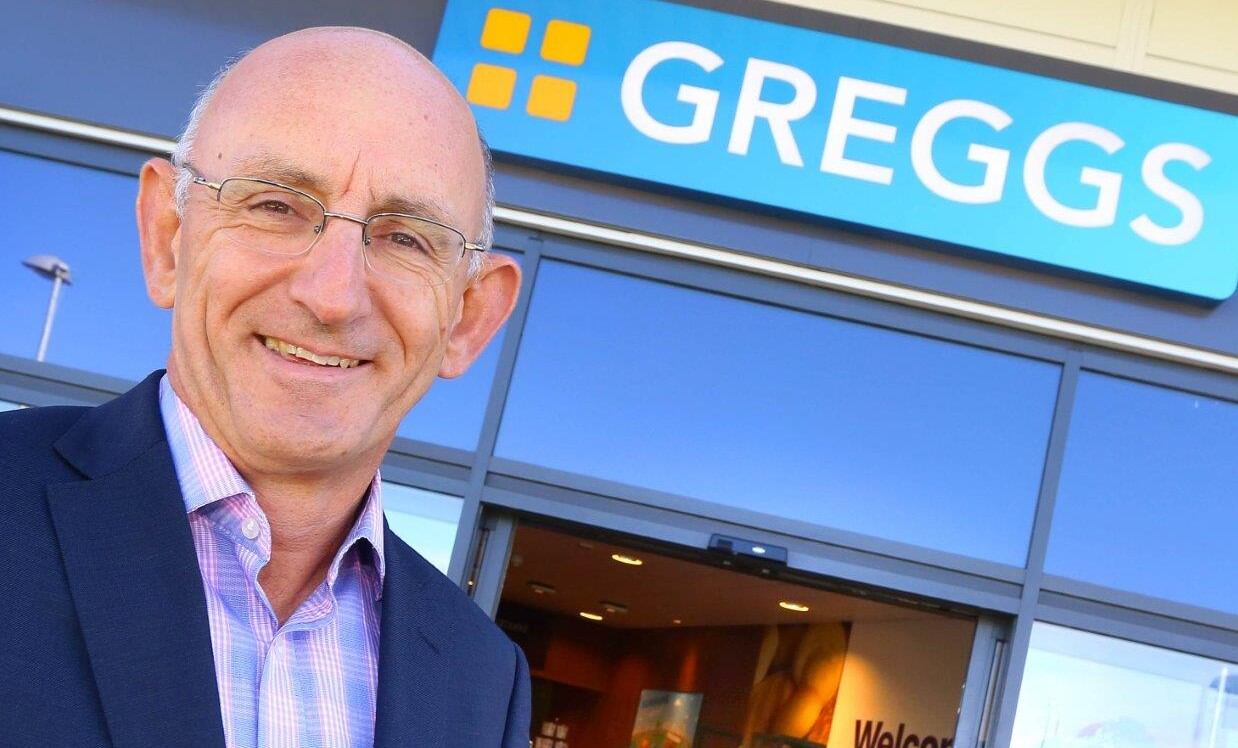Any Government regulation to reduce the fat, salt and sugar content of foods aimed solely at larger operators would create an unlevel playing field that independent retailers could exploit, argued Greggs chief executive Roger Whiteside.
Despite “healthier” food now making up 25% of its sales, Greggs accounted for less than 2% of the OOH market meaning they “couldn’t do it alone”, explained Whiteside, who was addressing delegates at the Westminster Food & Nutrition Forum keynote seminar on tackling childhood obesity, held in London yesterday (9 May).
“The temptation with regulation is to hit the big guys,” he said. “But we are less than 2% of the market. If we regulate and it’s the big guys only, we just squeeze the balloon at one end.
“Over half the [OOH] market is independents. We’ve got to deal with that end of the market, otherwise it’s not a level playing field.”
When it set an industry-wide 20% calorie reduction target for 2024 last year, Public Health England (PHE) made it clear that the OOH sector would not be exempt.
£100m of Greggs’ sales
Whiteside, who claimed £100m of Greggs’ sales was made up of healthier products such as low-calorie sandwiches and drinks, and fruit pots, believed the independent sector was going “completely the opposite way”.
“As they see us trying to be healthier, they see a market opportunity in trying to be less healthy, because they know bigger cakes, and more indulgent items sell better,” he said.
“Part of my worry is that, in taking Greggs in the direction we’re trying to take, we expose our underbelly to the independent sector, who then fill that gap, knowing that customers will likely respond. So that’s a problem.”
Whiteside used the seminar to detail how Greggs had been working towards the “holy grail” of making healthy food that appeals to people’s taste buds.
He claimed that sugar reduction was not proving as “difficult as first thought”, and remained confident Greggs would meet the 20% reduction target set for 2020 by PHE.
However, fat reduction – particularly in savoury pastry products – had proved more difficult, Whiteside conceded.
“We made a go of trying to get savoury products with less fat. We hung onto it and overpromoted it for three to four years, but in the end, there just wasn’t the demand for it. So, we decided enough was enough.”
‘Big cakes selling better’
A third approach had been to create smaller portions, despite “big cakes selling better than smaller cakes”, Whiteside said.
Operating a vertically integrated model, Greggs last year reorganised its 10 UK manufacturing sites – each producing the full portfolio of products – into 10 centres of excellence specialising in different product areas.
“The consequences of that is that we used to have 10 variations of everything we sold. Now, if I was purely a hard-nosed capitalist, I would have picked the biggest product each time and standardised that all around the country, because that’s the one that sold better,” Whiteside said.
“I haven’t done that. I’ve tried to pick the smallest one, and suffered the commercial consequences, because we know we shouldn’t be encouraging people to eat the largest cakes. It’s finding that balance point between commerciality and doing the right thing.”
Whiteside claimed not to be “struck” by the level of new product development in healthier food across the food-to-go market as a whole.
“There’s lots of revolving innovation, as companies try and find those products that are both healthy and tasty – but very few things have stuck,” he said. “It’s a shame, as if I could see something, I could save time and just copy it!
“I would say some of the fast food operators have made much more effort around healthier choices, but, basically, they struggle with the same thing that we do. When they put heathier products alongside the more indulgent product, it’s the more indulgent products that people get temped towards too often.
“However, I’ve been involved in food retail for 40 years, and I’ve never known the level of conversation around healthy food be this loud. That’s a good thing.”

